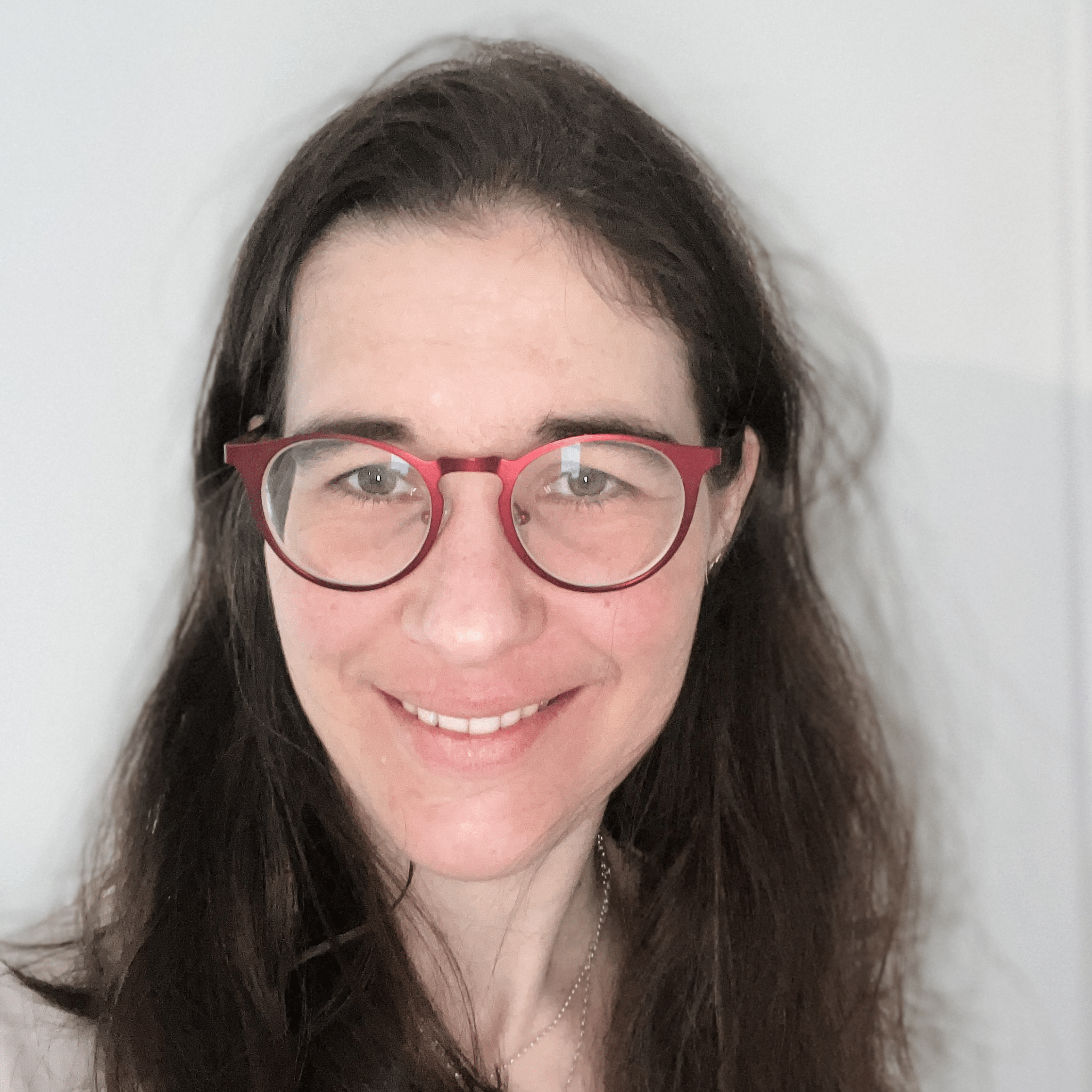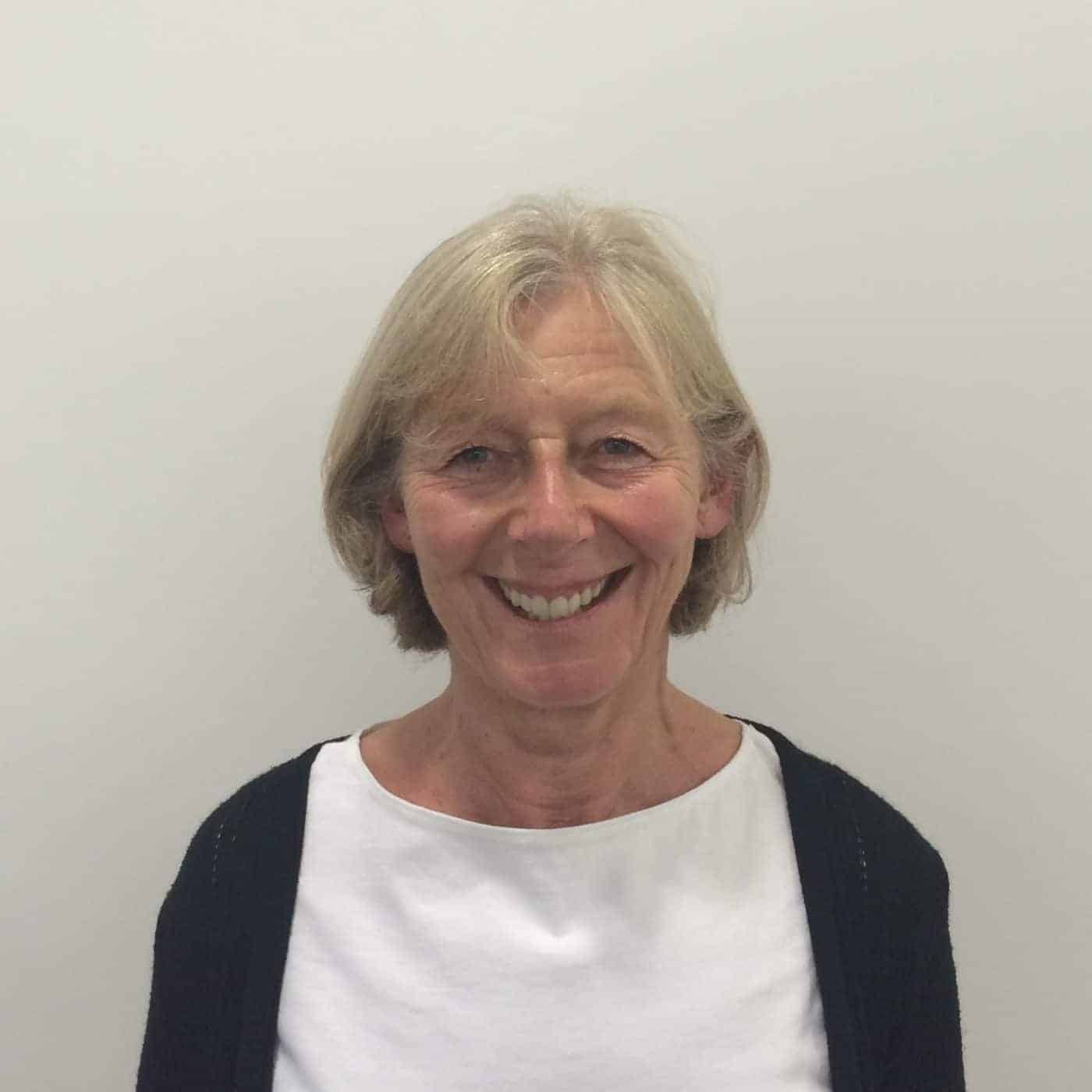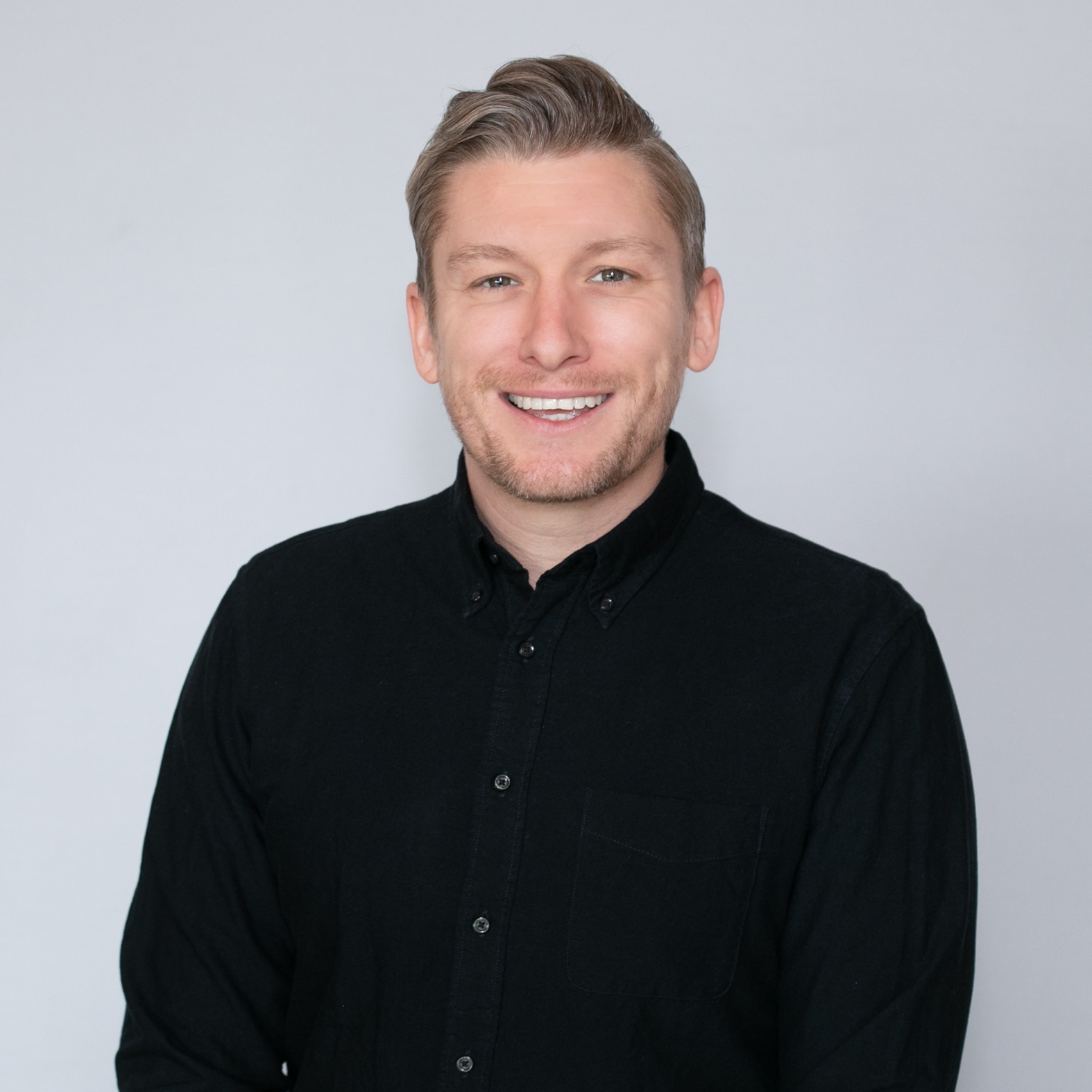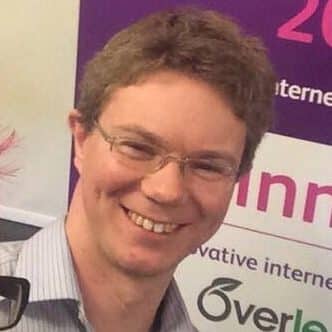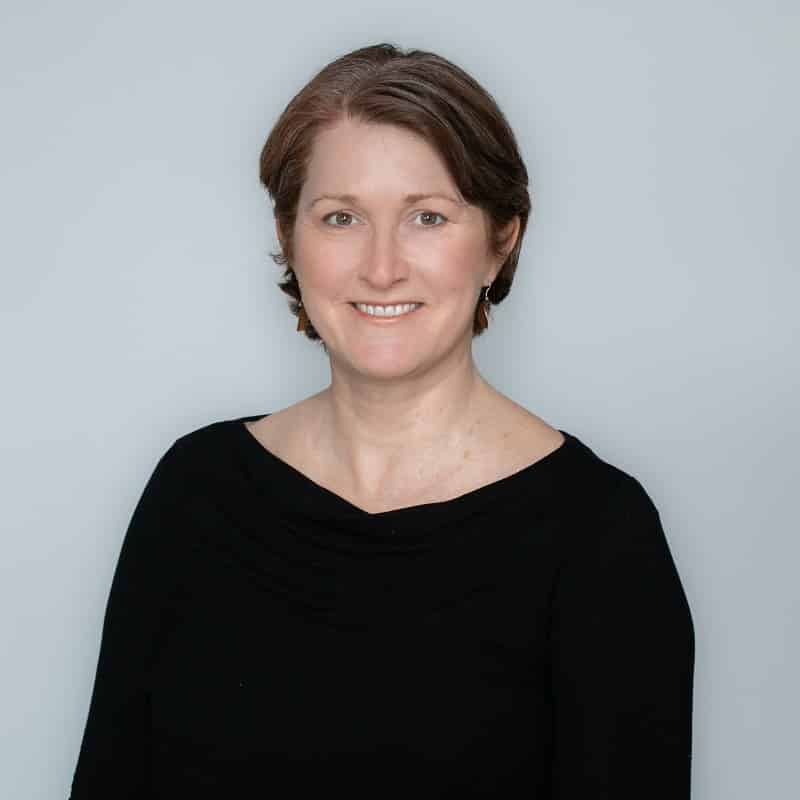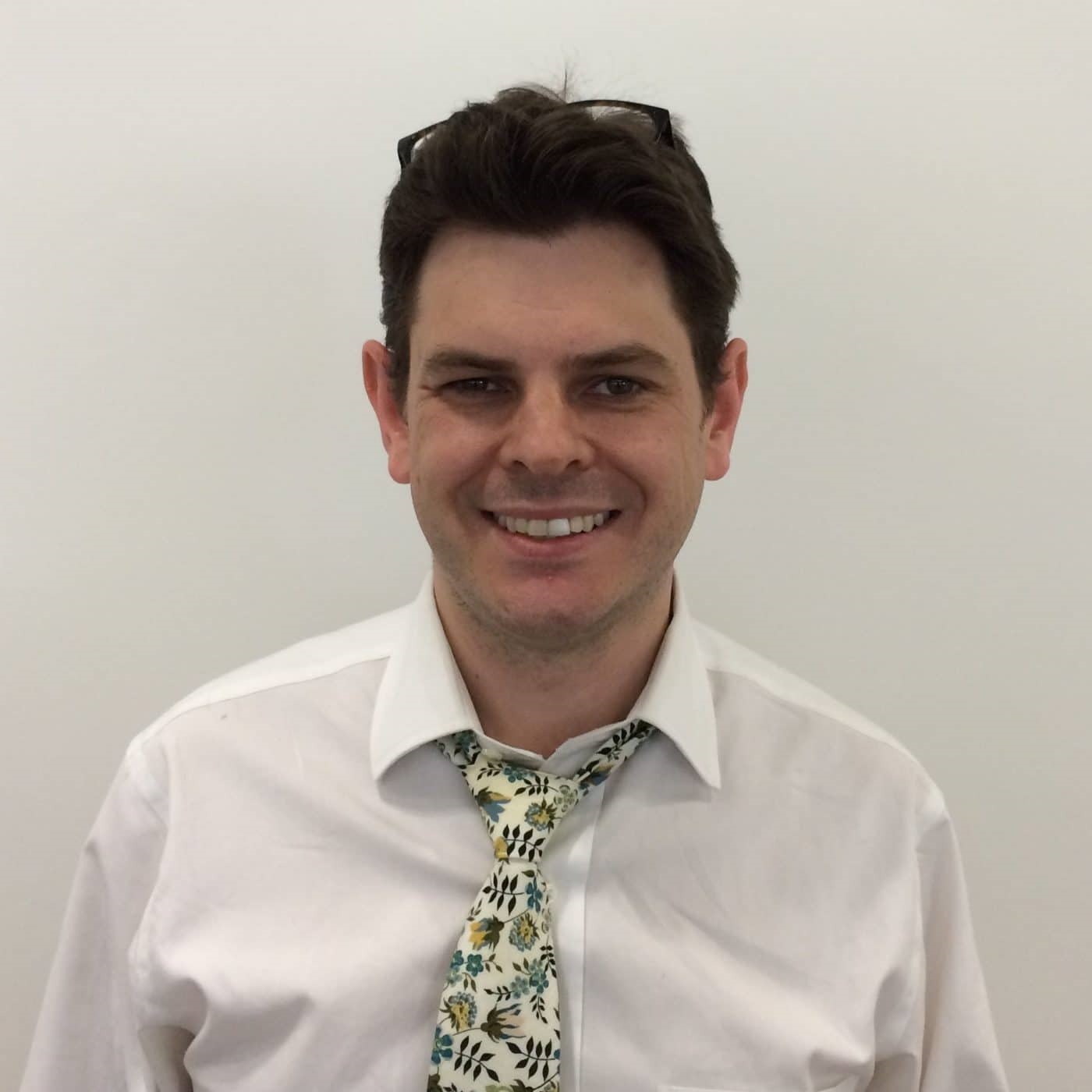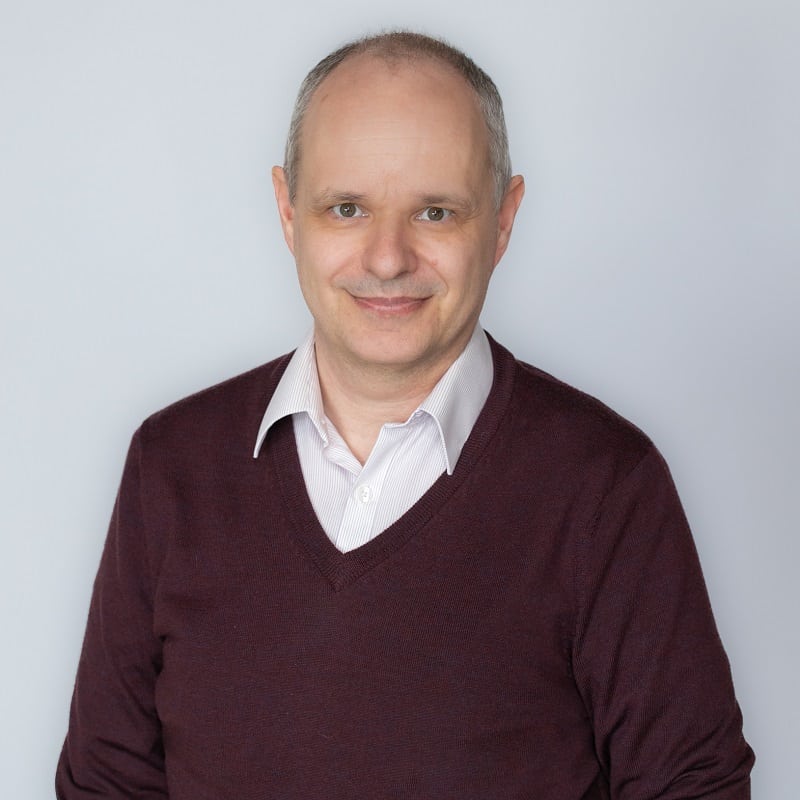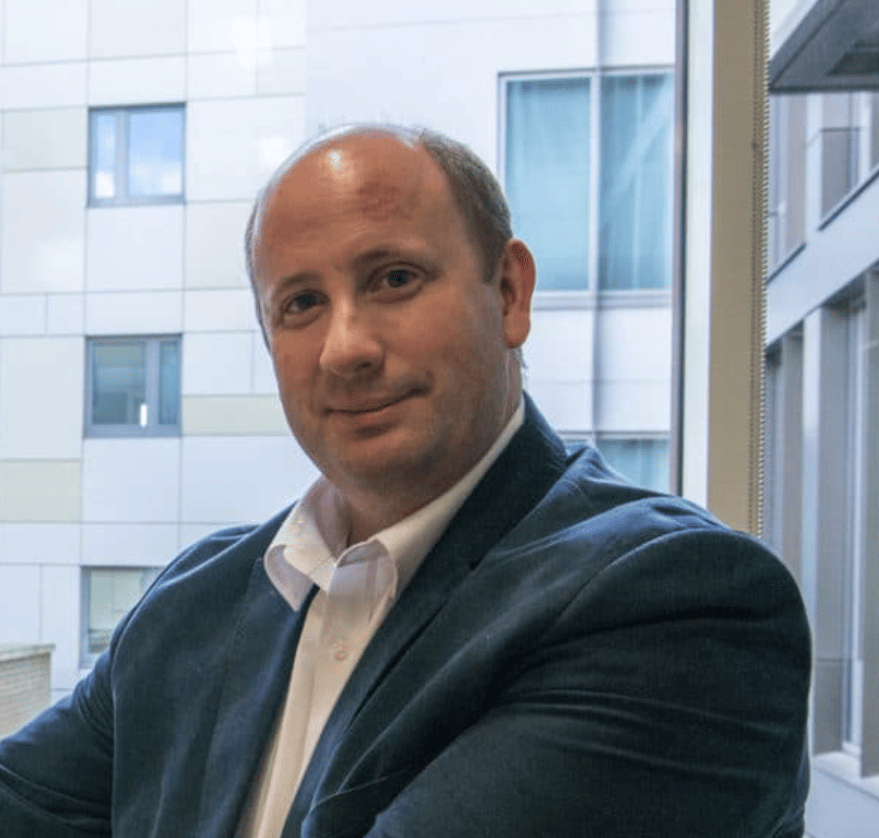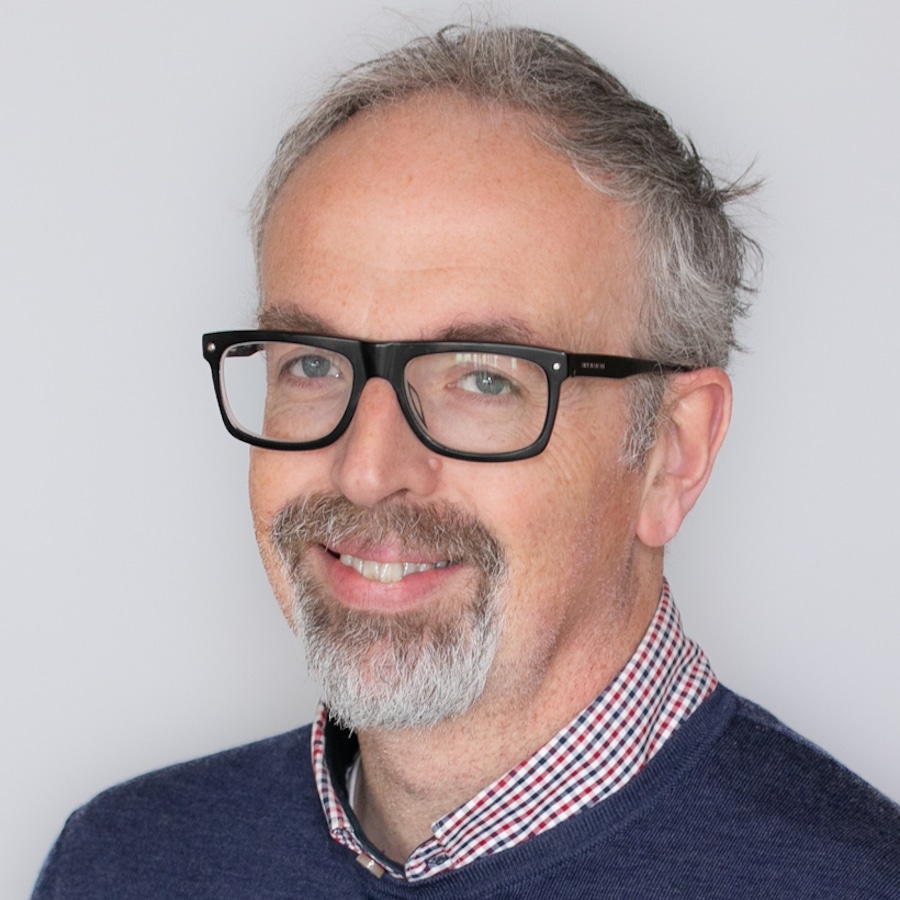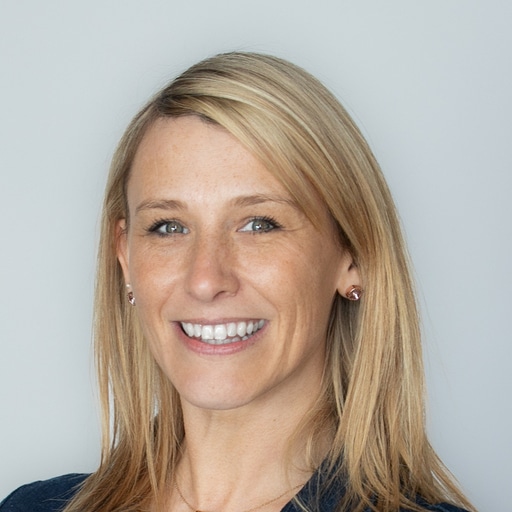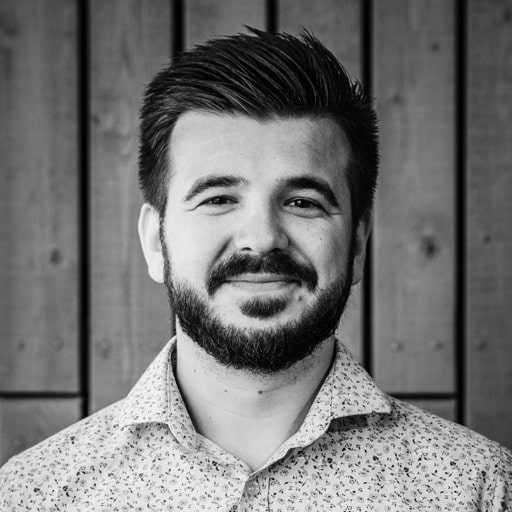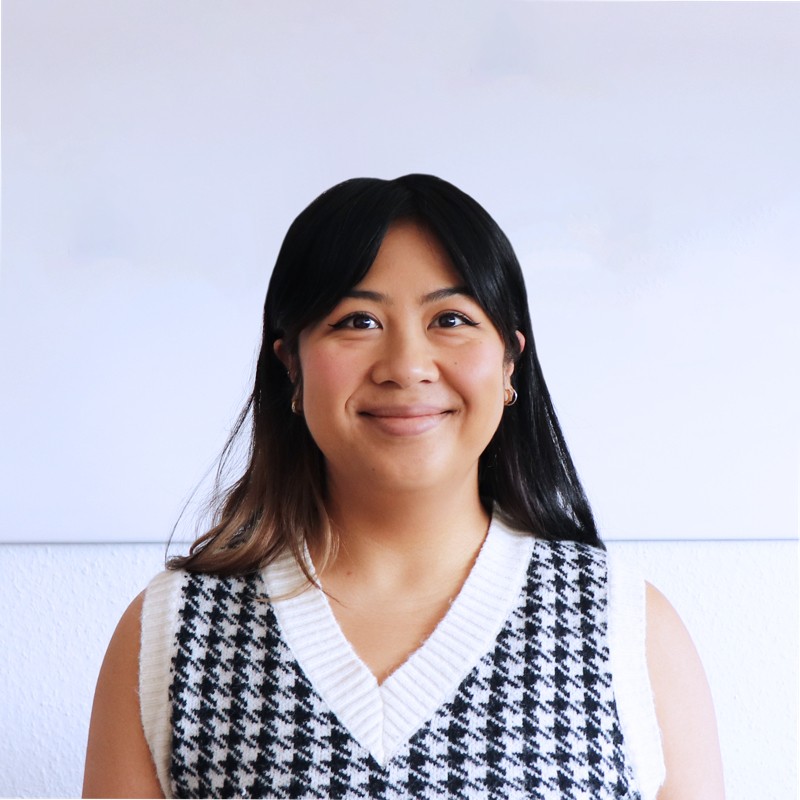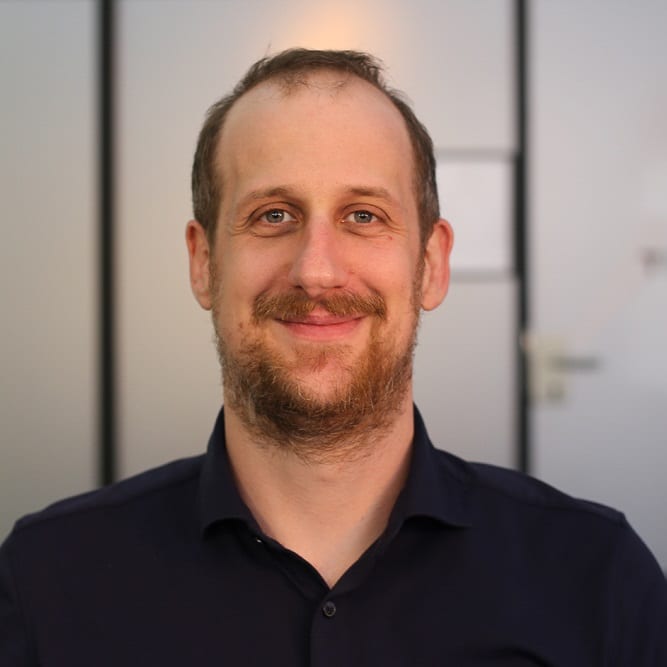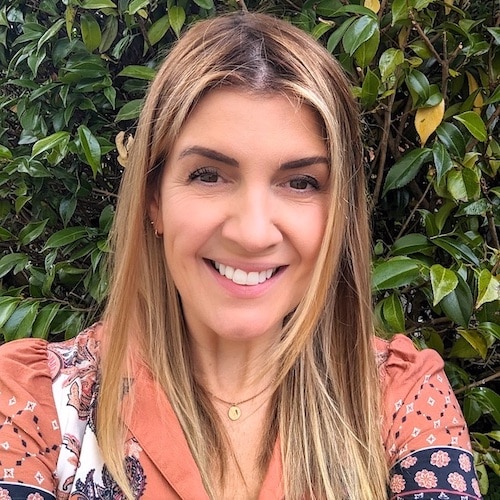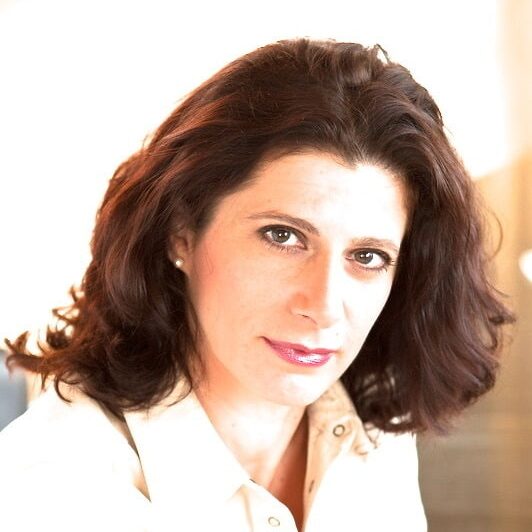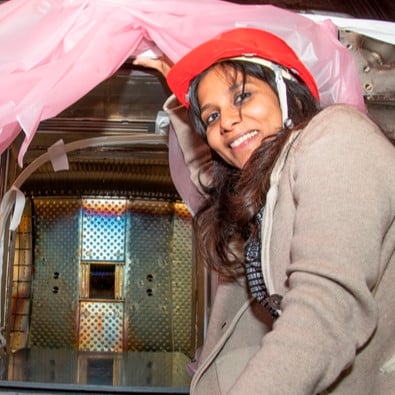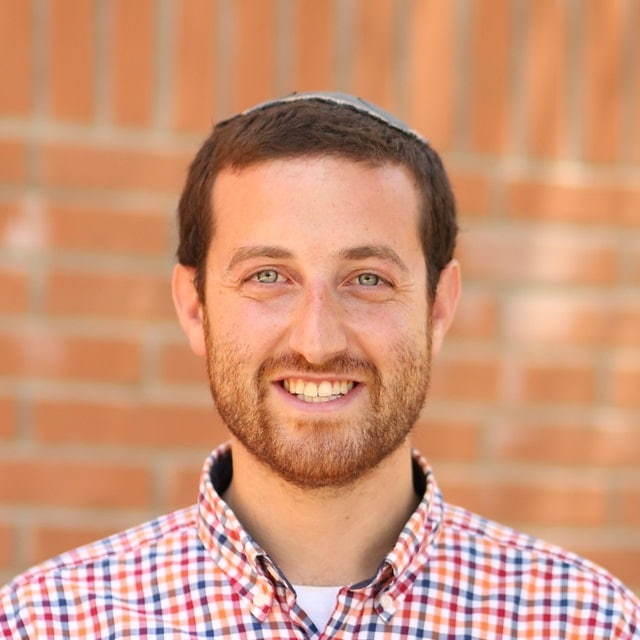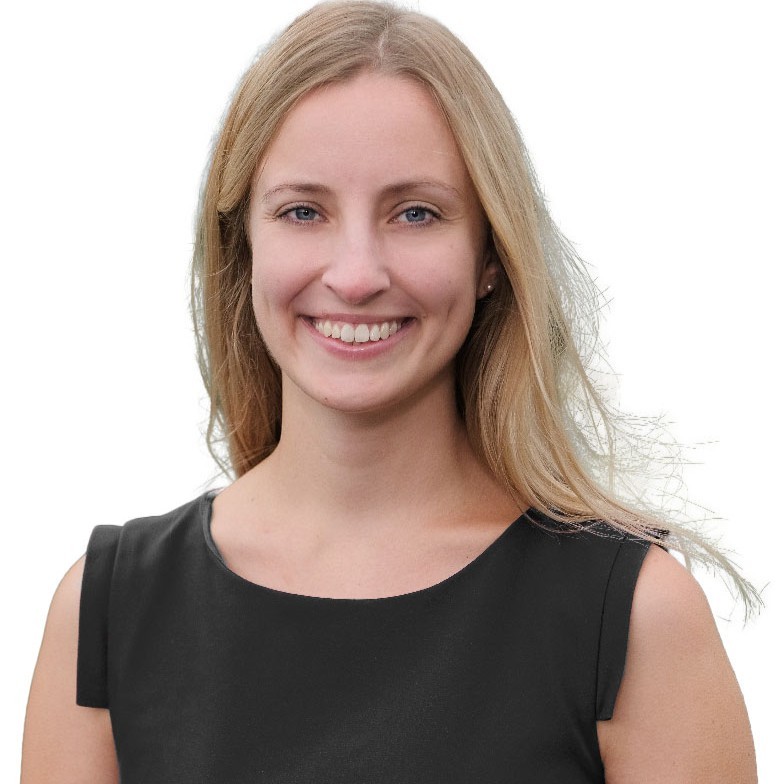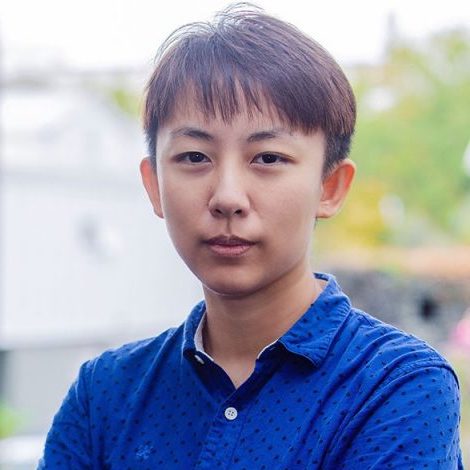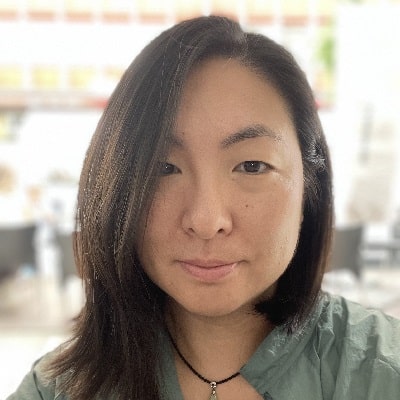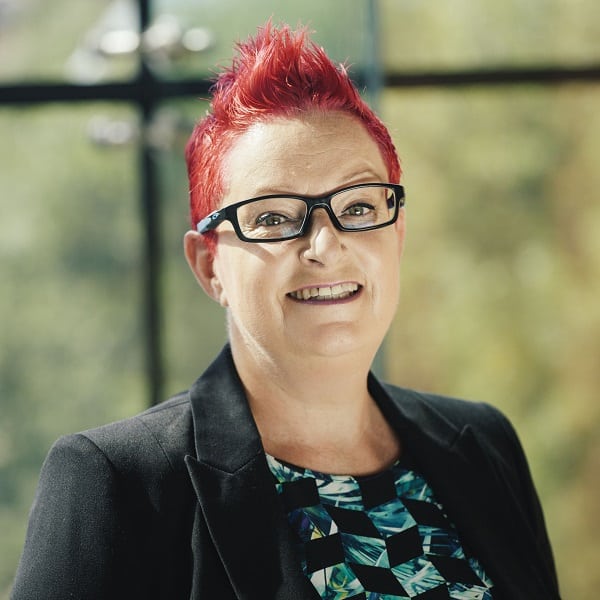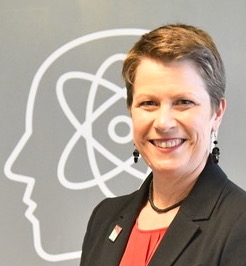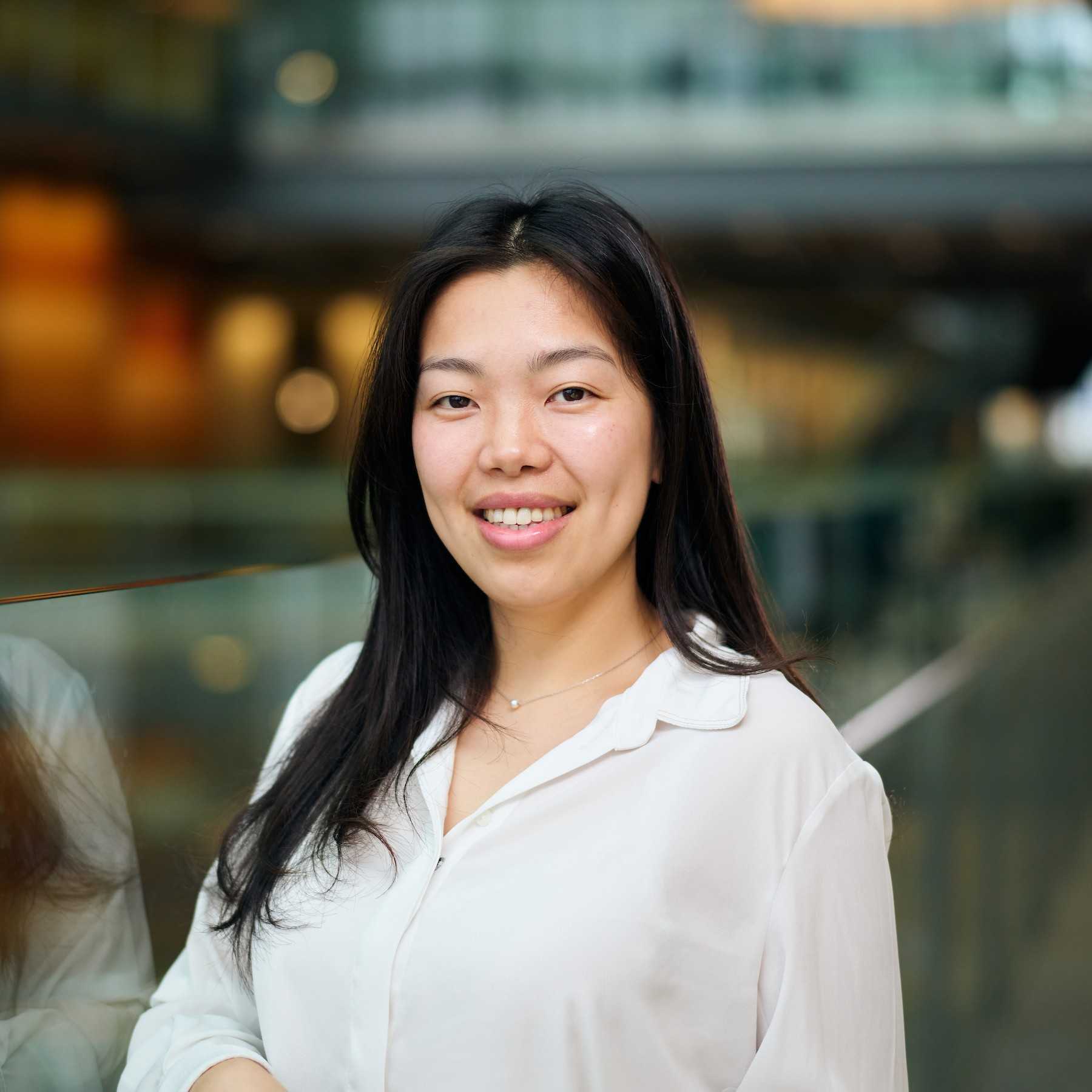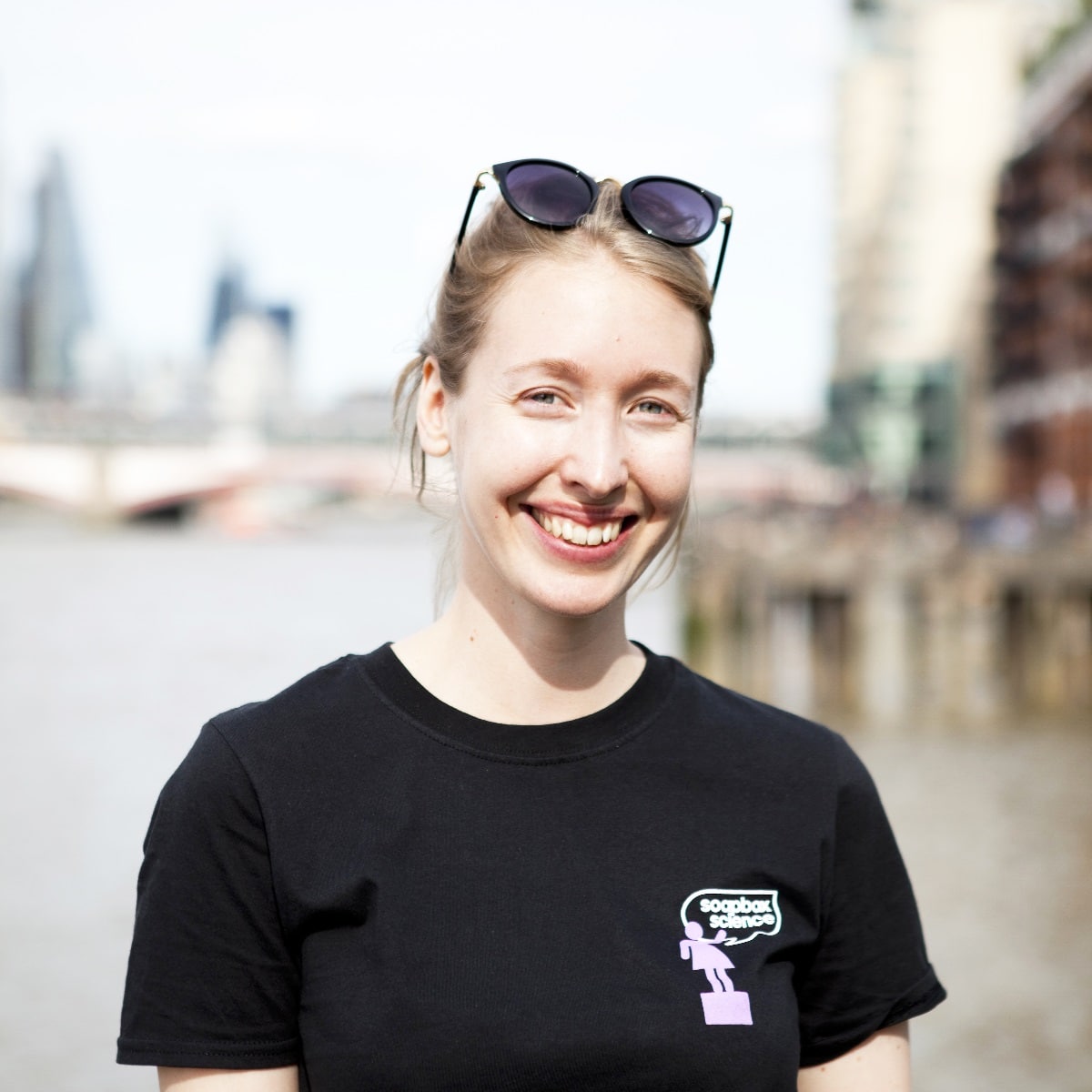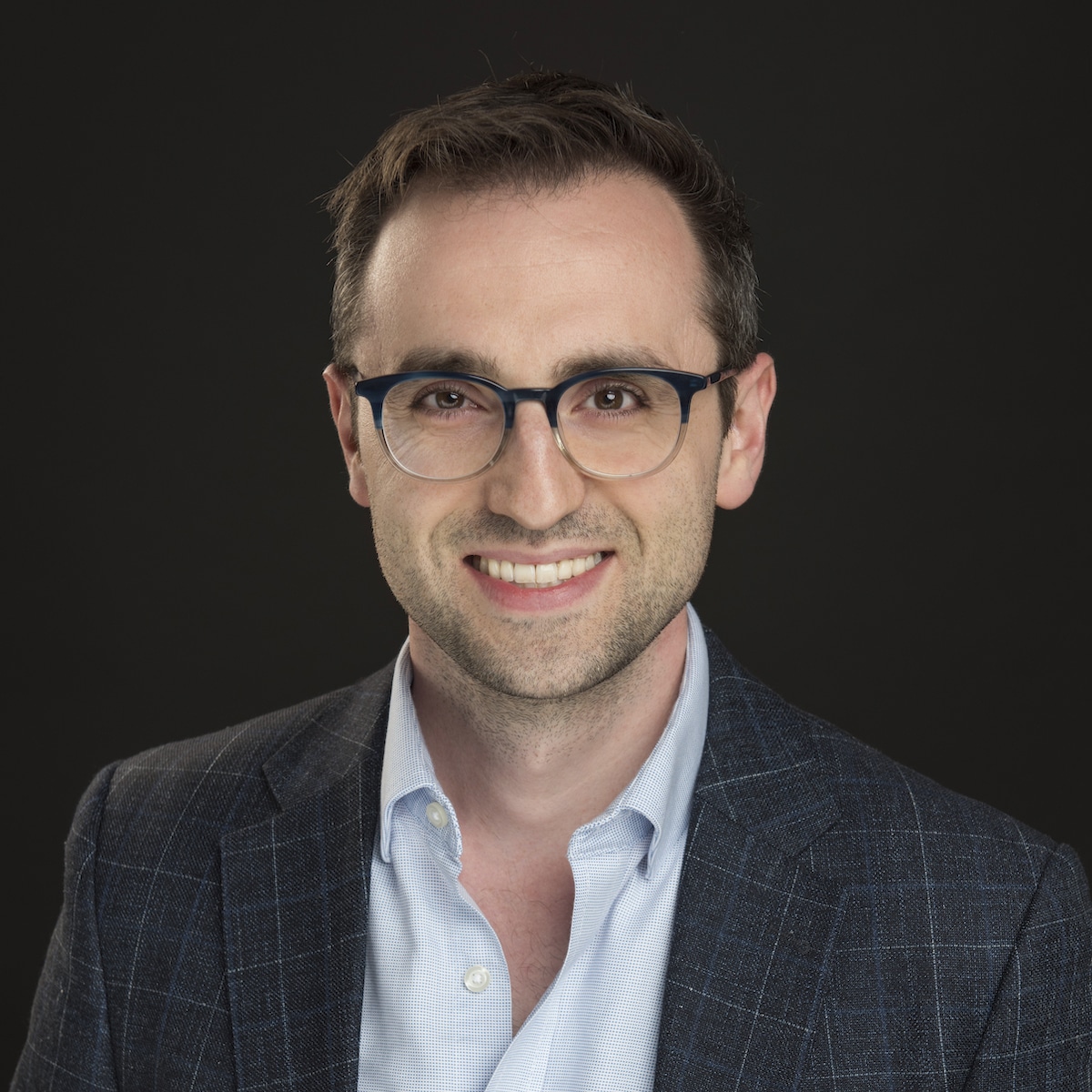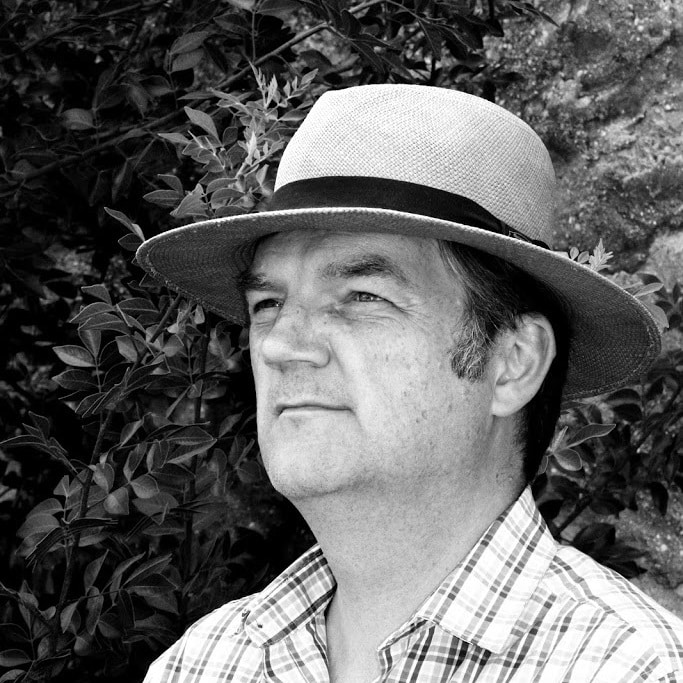Happy TL;DR Tuesday! As it is the first Tuesday of the month, we are treating you to an interview with another amazing “do-er” from the research community, Matyas Kovacs. Matyas is the co-founder of futurehain, a strategy and creative agency that elevates the robustness and visibility of scientific ideas and helps them become a reality. He is also an Executive Advisor of the Falling Walls Foundation. We recorded this interview back in November in Berlin at the Falling Walls Science Summit 2023.
What is the Falling Walls Science Summit?
In his own words, Falling Walls is “an international platform for connecting science with society, industry, business, innovation” – but that barely scratches the surface. Since 2009, on the twentieth anniversary of the fall of the Berlin Wall, the event that started by bringing together the most renowned researchers has expanded and facilitated collaborations between researchers, artists, start-ups, funders, policymakers, and science communicators from a range of subjects and places. In asking the community which walls will be the next to fall in science and society, Falling Walls has built a strong reputation for spotting emerging leaders from across the globe. Matyas had been living in Berlin on-and-off before joining Falling Walls, and his excitement for the event gave him the final push he needed to officially relocate there.
Matyas used to work full-time as Head of Strategy and Global Affairs at the Falling Walls Foundation in the late 2010s. Coinciding with the onset of the pandemic, he switched to an advisory role working directly for the Chair of the Board of the foundation, so that he could have more time and space to start his own purpose-driven venture; futurehain.
Engineering engagement
During our conversation, Matyas and I chatted about how conversations and presentations at Falling Walls foreshadow the emerging themes of science and society. This is partly thanks to the way the three-day Science Summit is designed. The three strands of activity – Lab, Engage, and Venture – always leave you with a sense of “FOMO” or “fear of missing out” which naturally encourages the curious minds in attendance to float around the different strands, soaking in as much new information as possible and forging collaborations during corridor conversations, during which common themes start to emerge.
The presentations and pitches in each strand are the culmination of many months of work, with groups and individuals proposing their pitches and surviving several rounds of challenges to take to the stage in Berlin in November and potentially even win the Falling Walls prize for Breakthrough of the Year. Like Falling Walls, we understand that competitions can play a valuable role in uncovering and showcasing new ideas and people, and just last week we announced the winners of our latest round of Catalyst Grant funding.
Falling Walls also provides a platform for discussion on how to tackle the most pressing topics, bringing together high-level decision-makers, industry experts, representatives from science, research and technology, and even policymakers and politicians for roundtable conversations. Matyas believes that by bringing together stakeholders with diverse perspectives to discuss global challenges, we can better understand how to overcome them and create solutions that positively impact as much of our global society as possible. Falling Walls is putting in a lot of effort to better understand its impact, but it is not easy.
Creating futurehain
Matyas’s newest venture, futurehain, which he has co-founded with Felix Rundel, former Executive Director of Falling Walls, shares much of its DNA with Falling Walls in its quest to make research more robust, visible, transparent, open and collaborative. futurehain is a strategy agency and creative studio at the intersection of science and society. The company is dedicated to making science more impactful and more visible, from launching new initiatives and building ecosystems to creating engaging forms of communication. This is particularly important, especially in a year such as 2024 when so many aspects of global politics are in potential flux and public engagement with research is so important.
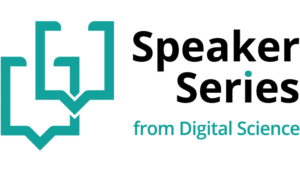
On the importance of understanding the interface between science and society
Matyas believes that we are at a critical moment in time when it comes to the interfaces of science and society, policy and politics. He believes that democracy is in decline across the world, that we must all work towards ensuring that science is built on more sharing and caring ways of tackling our global challenges, and that the way we do research must be seen as a global systemic issue. Through his work at Falling Walls and with the creation of futurehain, Matyas hopes to give space for meaningful conversations and exchanges, especially to those who are not in as privileged a position to have their voices heard as loudly as others, and to share best practices across the world.
“Science doesn’t exist in a vacuum” – and we must maintain continuous awareness of how research is being done and who it is being done for, to make science as impactful as possible.
You can watch my interview with Matyas on our YouTube channel, and check out our Speaker Series playlist on YouTube which includes chats with some of our previous speakers, as well as our TL;DR Shorts playlist with short, snappy insights from a range of experts on the topics that matter to the research community.
With thanks to Huw James from Science Story Lab for filming and co-producing this interview.


